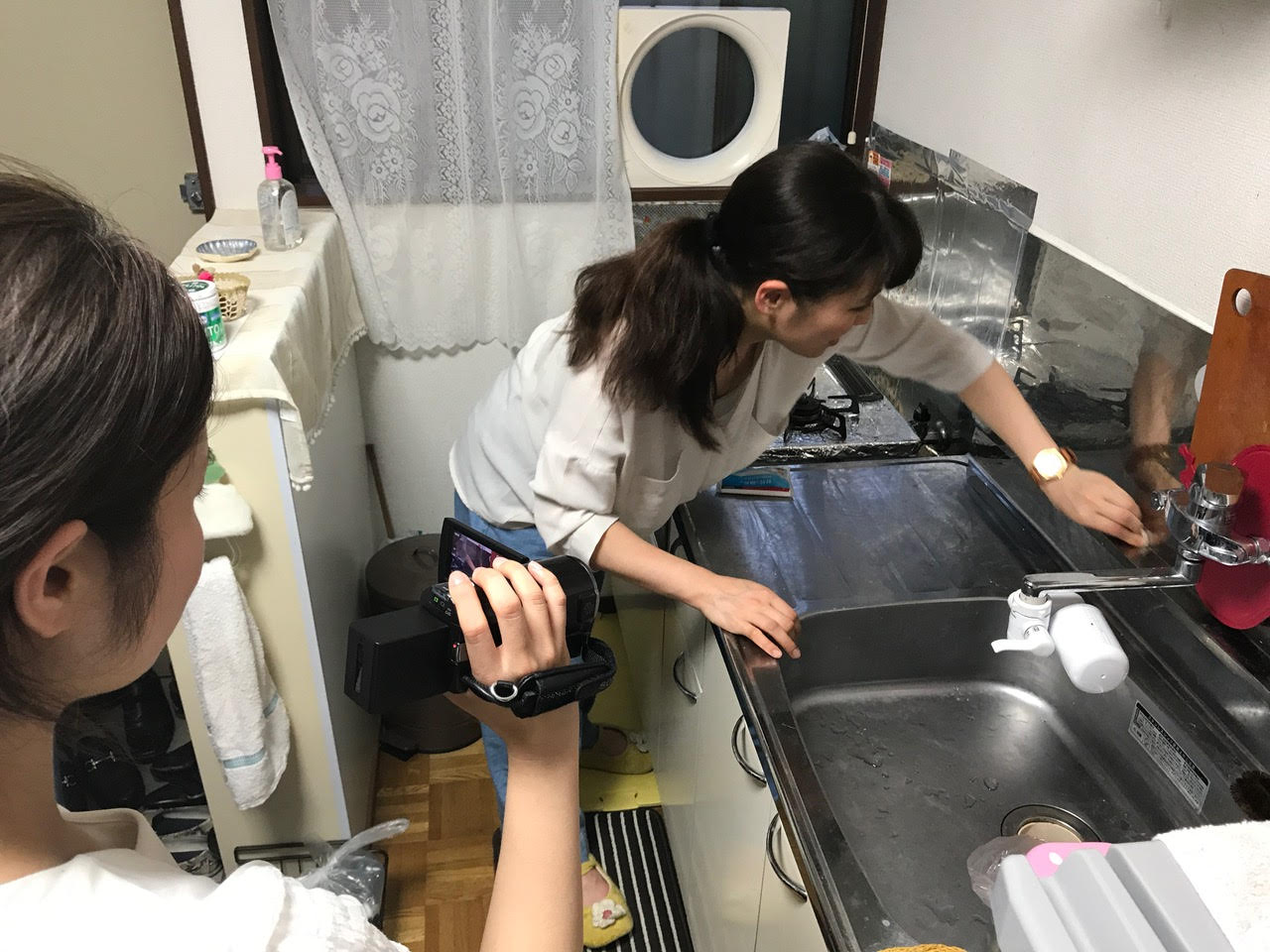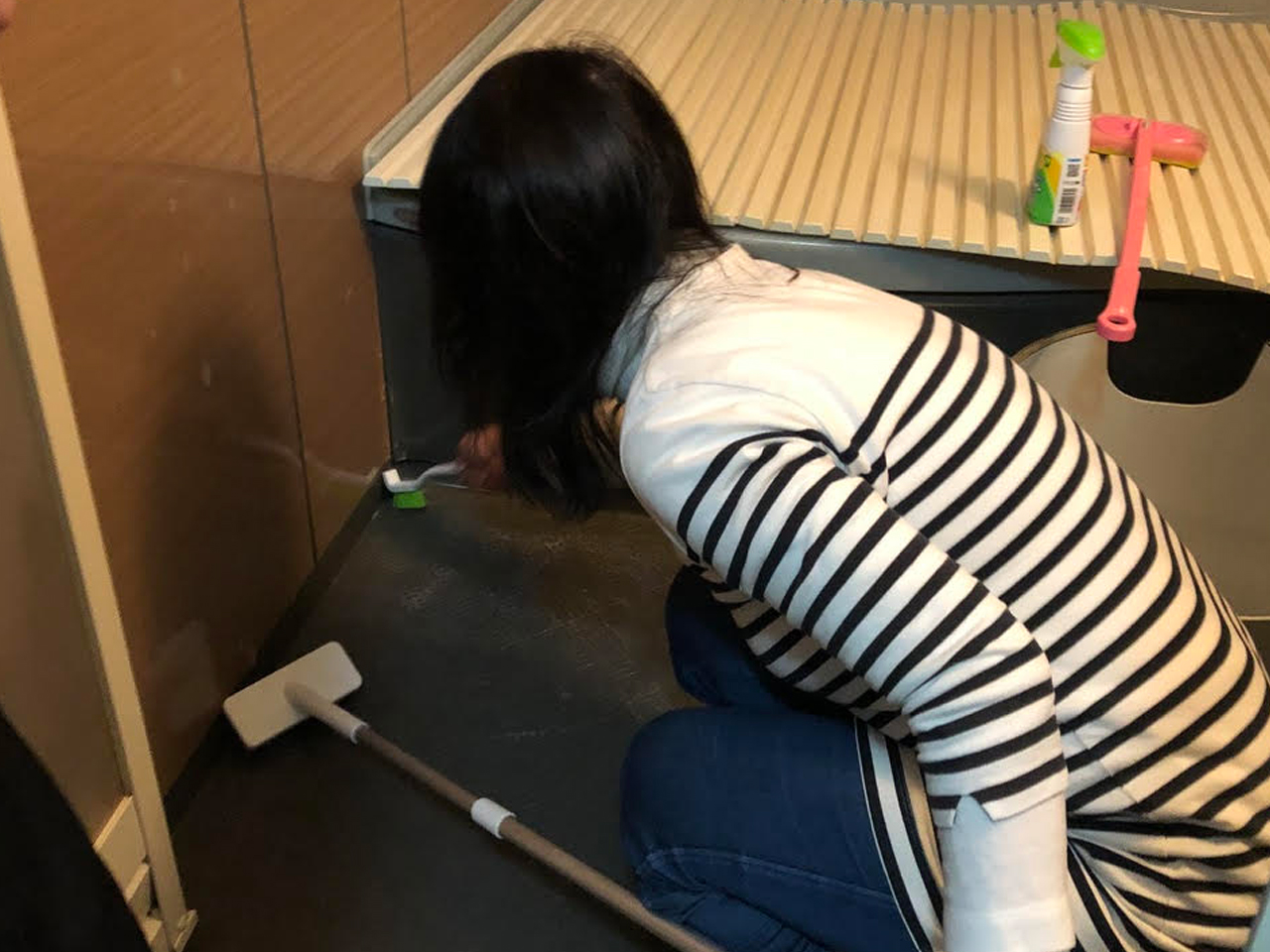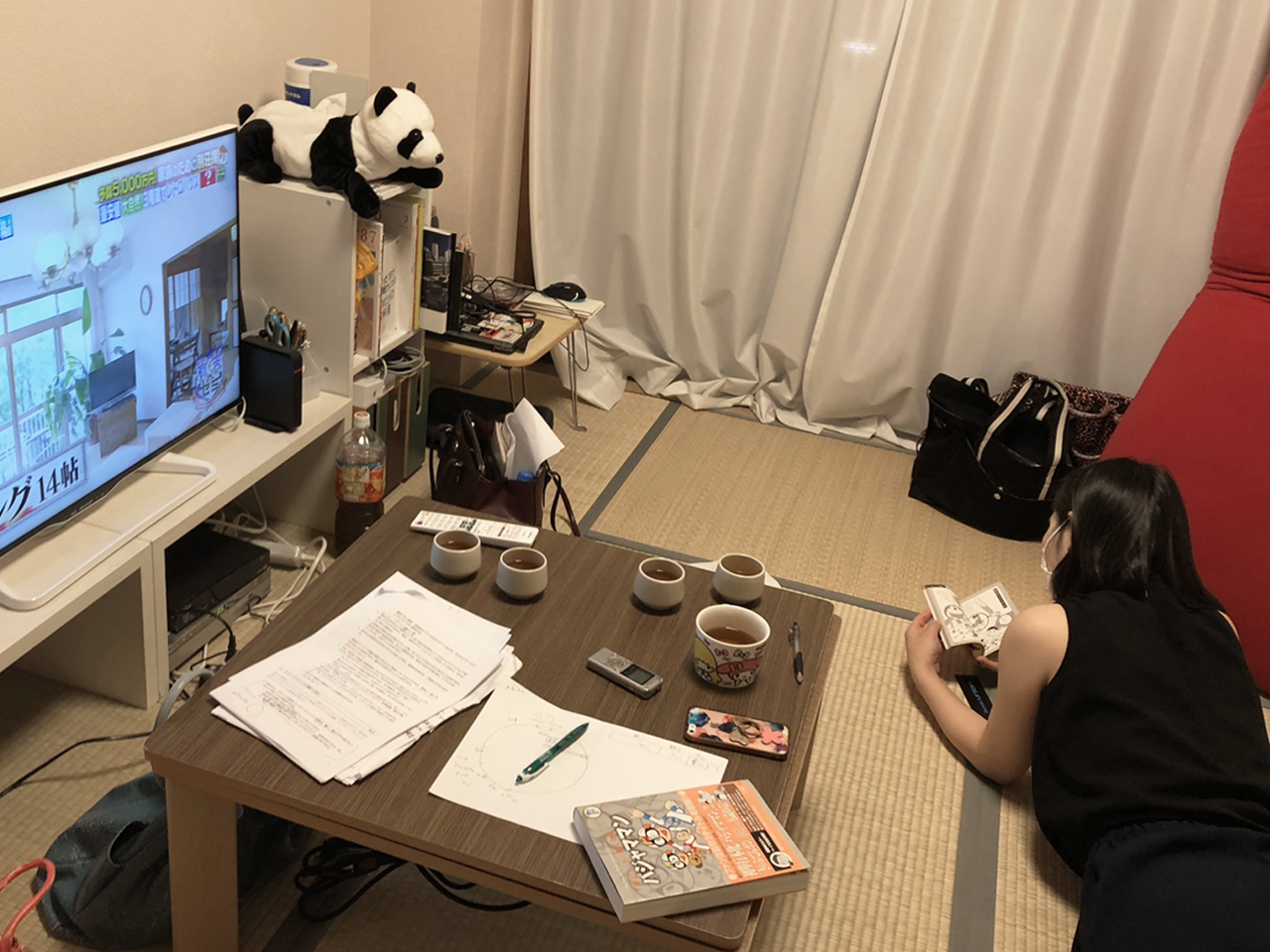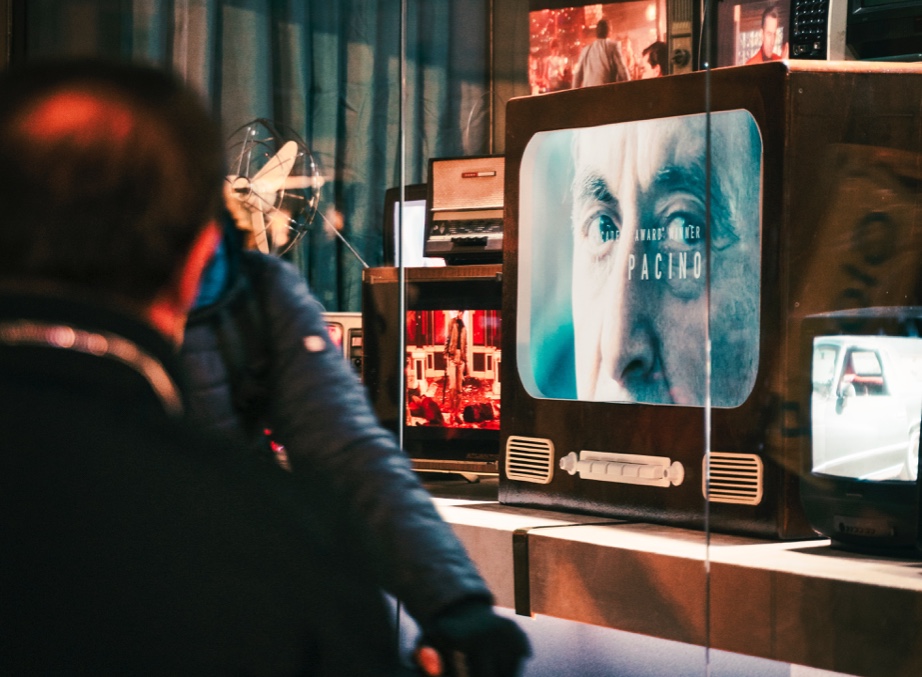Ethnographic Research
Ethnography for market research
Ethnography, in the way we employ it at CarterJMRN in Japan, is an immersive style of interviewing and studying consumers that occurs at the places in which they live their daily lives. Ethnography lives in the family of qualitative research approaches that includes the tried and true methodologies of in-depth interviews and focus groups.

Ethnography at CarterJMRN
In his book The Ethnographic Interview, anthropologist James Spradley explained ethnography in terms of what a researcher seeks: “I want to understand the world from your point of view. I want to know what you know in the way you know it. I want to understand the meaning of your experience, to walk in your shoes, to feel things as you feel them, to explain things as you explain them. Will you become my teacher and help me understand?”
Opportunities for discussion and learning
In contrast to those methodologies in which consumers are invited into purpose-built venues with magic mirrors, ethnographic research can take place anywhere – in retail outlets, restaurants, bars, homes, gyms, convenience stores and other locations. These settings provide an innumerable number of opportunities for discussion and learning far beyond those found in the classic research ‘lab’ as the research is taking place where consumers are utilizing the product. Sessions can last several hours and immersed in the environment, researchers observe and listen to understand preferences, reactions and problems that consumers experience. New technologies further opened up the possibility of virtual ethnography sessions: Conducted online, they require participants to carry out tasks over a period of days or weeks and to report on them in essay style or film or photograph themselves during the task.




You don’t know what you don’t know
Ethnography truly comes into its own, however, as a tool for early-stage exploratory research that provides a deep foundation of learning upon which other methodologies can build. In a situation where ‘we don’t know what we don’t know’, ethnography provides new avenues for discovering and understanding the parameters of consumer preferences and behavior.
Understanding Japanese consumers
We recommend it when our clients know little about the Japanese consumer context in their given category, or when it is clear they need a much deeper and foundational consumer understanding to resolve the challenge or realise the opportunity they are facing.
Observation
Example
Common-sense
‘A-ha moment’
Early stage learning
Case Studies
Our goal is nothing less than to help you create a successful partnership between your brand and the people who trust it.









